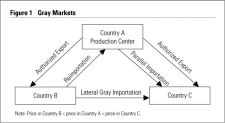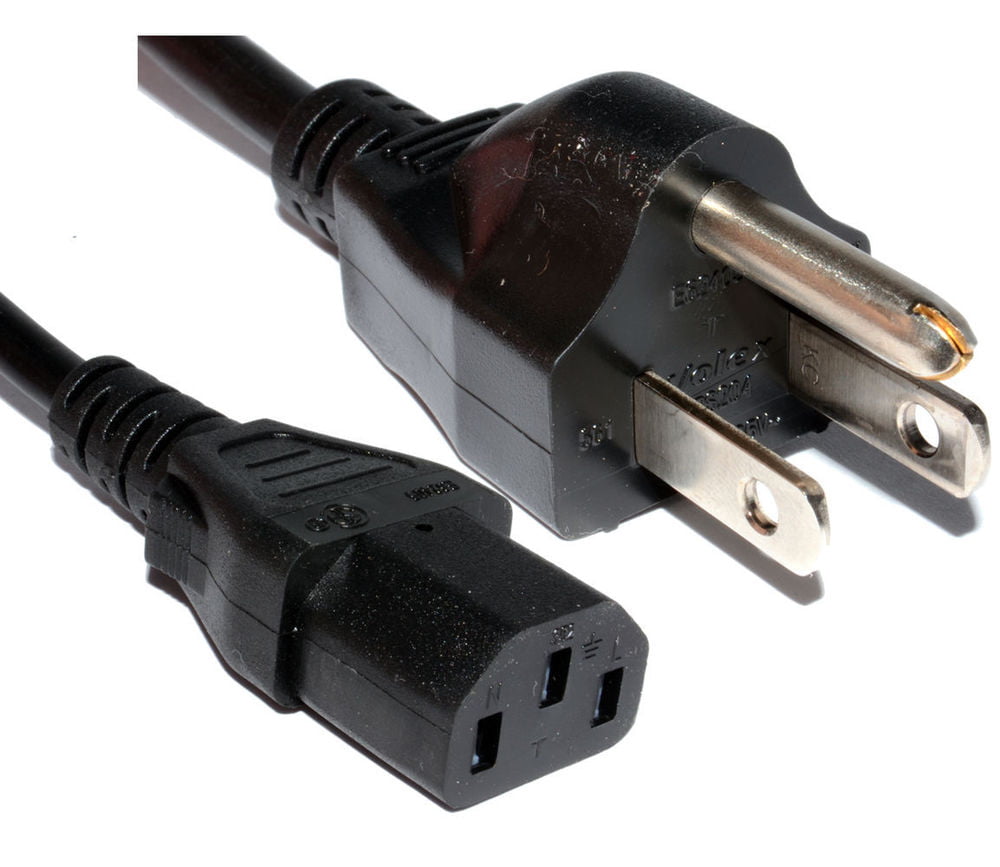It’s the time of year for saving money!
We all know what the term “black market” means – that the items for sale were stolen. But what about the term “gray market?” Just like haze or smoke, the gray market is diaphanous term whose actual meaning can vary depending on the particular situation. Usually a “gray market” item is one which is sold across regional boundaries set up by a manufacturer to establish “sales territories.”
 In this age of the Internet, Amazon, Alibaba, and other international sales juggernauts perhaps it’s time for the concept of Gray Market to be put to bed, permanently. Why? Because the whole concept of retail exclusivity based on geographical location has been destroyed by the current retail landscape.
In this age of the Internet, Amazon, Alibaba, and other international sales juggernauts perhaps it’s time for the concept of Gray Market to be put to bed, permanently. Why? Because the whole concept of retail exclusivity based on geographical location has been destroyed by the current retail landscape.
Time for a history lesson: in the old days manufacturers assigned the right to sell their products to retailers based on location. This was done for several reasons. The first one was it prevented local price wars between retailers. The second reason was that it allowed manufacturers to sell their goods at different wholesale prices into different markets, often depending on how many layers or stages were involved in distribution. In some regions and countries manufacturers use wholesalers or reps who must, somehow, get some profit from their services. That profit is usually derived from the difference between the lower distributor price and the regular wholesale price that these reps or distributors charge retailers. Often tariffs and in particular sales regions, additional expenses, are factored into this price. The advantage of this system is it allows manufacturers access (through the distributors and reps) to parts of the world that would otherwise be too expensive to sell into.
 This is all well and good until a retailer transships the components. And what is transshipping? Retailers stuck with product that they don’t feel they can sell often resort to selling these components to other retailers who have customer looking for that component. The problem is those new retailers are not authorized dealers and are not allowed to sell the product “as new” with a full warranty. If the component fails, the buyer is often caught in limbo without a valid warranty.
This is all well and good until a retailer transships the components. And what is transshipping? Retailers stuck with product that they don’t feel they can sell often resort to selling these components to other retailers who have customer looking for that component. The problem is those new retailers are not authorized dealers and are not allowed to sell the product “as new” with a full warranty. If the component fails, the buyer is often caught in limbo without a valid warranty.
In the past some audio firms have gone to elaborate lengths to prevent transshipping. Stax, the electrostatic headphone manufacturer, went so far as to cut the leads in their power transformers so that units sold into the Japanese market would no longer work with 120-volt AC, only 100-volt, so they could not be used without an additional outboard transformer in the United States. Avalon, the speaker manufacturer, used different serial number plates for all Asian-bound loudspeakers so they knew immediately from the serial number where the speaker was supposed to be retailed (as opposed to where it ended up being sold.)
But with international retailers like Amazon and Ali Express the whole concept of regional sales areas has been destroyed, almost completely. Some firms, such as ELAC, have embraced this new sales avenue, while others have either gone to direct sales only or tried to retain their regional model. For many consumers the results are that more “esoteric” brands have become harder to locate for a local demo and some brands have become “house brands” for those few retailers who’ve been granted retail sales rights.
One kind of transshipping does still exist in the US, however – it’s the out-of-state purchase to avoid local and state sales tax gambit. On a $30,000 pair of speakers the difference between tax and no tax can be as much as $3k! That’s a pretty strong incentive to not shop locally. And some audiophiles take advantage of it, much to the displeasure of local dealers.
 In the end, this new distribution landscape has made it easier for the consumers all over the world to obtain similar prices for certain components, while at the same time it has reduced their access to others. On the manufacturer side, it has made it easier for some manufacturers to get their products into consumers’ hands at standardized prices, while other manufacturers are finding their distribution options radically altered unpleasant ways.
In the end, this new distribution landscape has made it easier for the consumers all over the world to obtain similar prices for certain components, while at the same time it has reduced their access to others. On the manufacturer side, it has made it easier for some manufacturers to get their products into consumers’ hands at standardized prices, while other manufacturers are finding their distribution options radically altered unpleasant ways.
Is the term Gray Market Dead? Not completely. But in a few more years it will, hopefully, be barely breathing…








